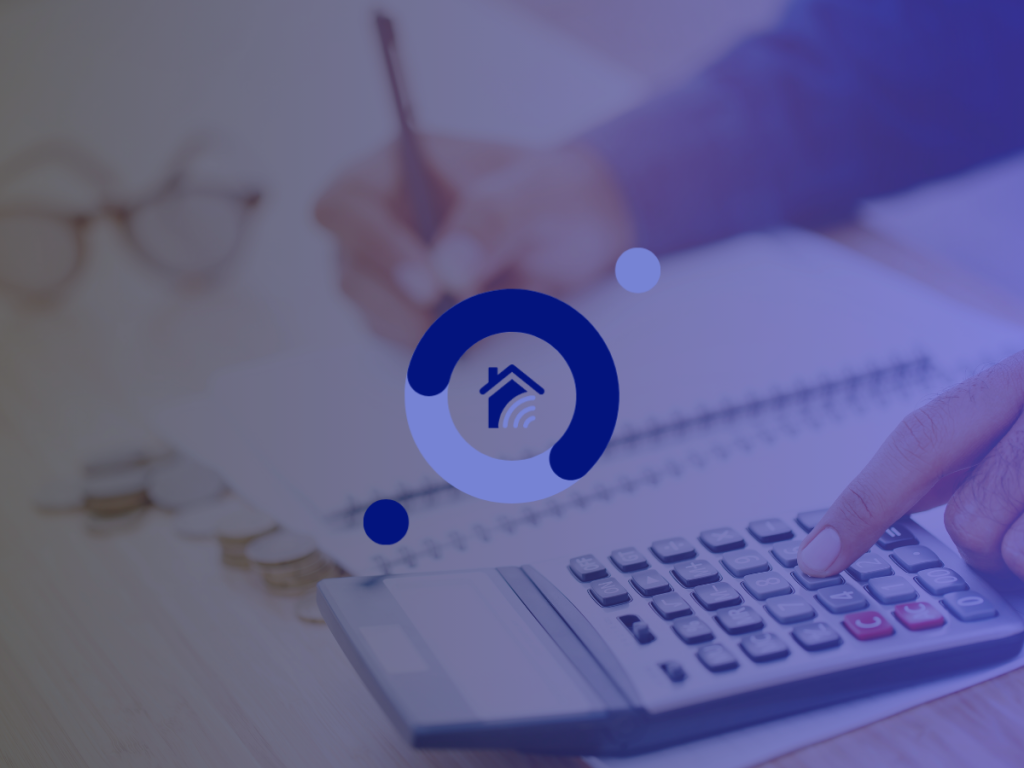
Welcome to AptConnect’s comprehensive guide on creating a budget for your apartment search in Lagos. Finding the perfect apartment in this bustling city can be exciting, but it requires careful financial planning to ensure you can comfortably afford your new home. This guide will walk you through the essential steps to create a realistic budget, helping you confidently and navigate the Lagos rental market.
Introduction
Lagos is a vibrant city with diverse neighborhoods, each offering unique living experiences. However, the cost of living can vary significantly depending on the area. Creating a budget is crucial to narrowing down your options and finding a place that fits your lifestyle and financial situation. This guide covers everything from assessing your current financial situation to estimating moving costs and planning for unexpected expenses.
1. Assessing Your Financial Situation
Calculating Monthly Income
Start by determining your total monthly income. This includes your salary, any freelance or side gigs, and other sources of income such as bonuses or financial support.
- Net Income: Your take-home pay after taxes and deductions.
- Additional Income: Regular income from other sources.
Listing Monthly Expenses
Next, list all your regular monthly expenses to understand your spending patterns. Common categories include:
- Rent: Your current rent payments.
- Utilities: Electricity, water, gas, internet, and other services.
- Transportation: Costs for public transport, fuel, car maintenance, etc.
- Groceries and Dining: Food and dining out.
- Insurance: Health, car, and other insurances.
- Entertainment and Subscriptions: Movies, streaming services, gym memberships, etc.
- Savings and Debt Repayments: Savings contributions, loan payments, and credit card bills.
Identifying Disposable Income
Subtract your total monthly expenses from your total monthly income to find your disposable income. This is the amount you can allocate towards rent and other housing-related costs.
2. Setting Your Budget
Determining a Realistic Rental Price Range
A general rule of thumb is to spend no more than 30% of your gross monthly income on rent. However, this can vary based on your financial situation and other expenses.
- Calculate 30% of Your Income: Monthly Rent Budget = Gross Monthly Income x 0.30
- Adjust Based on Expenses: Consider your disposable income and adjust the percentage if necessary to ensure you can cover all other expenses comfortably.
Allocating Funds for Utilities, Transportation, and Other Necessities
Include estimates for utilities, transportation, and other recurring costs when setting your budget.
- Utilities: Approximately 10-15% of your rent amount.
- Transportation: Depends on your commuting distance and method.
- Miscellaneous Costs: Maintenance fees, security fees, etc.
Planning for Upfront Costs
Account for initial costs such as the security deposit, agent fees (not applicable with AptConnect), and the rent fee.
- Security Deposit (Caution Fee): Typically 1-3 months’ rent.
- Commission Fees: Often 10% of the rent.
- Rent Fees: Usually required upfront.
3. Estimating Additional Costs
Moving Expenses
Factor in the costs of moving, including packing materials, moving services, and transportation.
- Moving Services: Costs vary based on distance and volume.
- Packing Materials: Boxes, tape, and other supplies.
- Transportation: Fuel or vehicle rental if moving yourself.
Furniture and Household Items
Budget for any new furniture or household items you may need for your new apartment.
- Essential Furniture: Bed, sofa, dining table, etc.
- Household Items: Kitchenware, cleaning supplies, etc.
Emergency Fund
Set aside funds for unexpected expenses or emergencies to avoid financial strain.
- Recommended Amount: At least three months’ worth of expenses.
4. Tips for Sticking to Your Budget
Tracking Expenses
Keep a record of your expenses to ensure you stay within your budget.
- Expense Tracking Apps: Use apps to monitor your spending.
- Monthly Reviews: Regularly review and adjust your budget as needed.
Adjusting Your Budget as Needed
Be flexible and ready to adjust your budget if your financial situation changes.
- Re-evaluate Regularly: Assess your budget every few months.
- Make Necessary Changes: Increase or decrease spending in certain areas as needed.
Avoiding Common Financial Pitfalls
Stay mindful of potential financial pitfalls that can derail your budget.
- Impulse Purchases: Avoid unplanned spending.
- Overlooking Small Expenses: Small costs can add up over time.
5. Conclusion
Creating a budget for your apartment search in Lagos is a vital step toward finding a home that meets your needs without overstretching your finances. By assessing your financial situation, setting a realistic budget, planning for additional costs, and tracking your expenses, you can navigate the Lagos rental market with confidence. Remember, a well-planned budget not only helps you find the right apartment but also ensures a comfortable and sustainable living situation.
Happy apartment hunting!
About AptConnect
At AptConnect, we’re committed to Empowering Dreams and Redefining Homes. Whether you’re embarking on your first apartment hunt, searching for your forever home, willing to fill in your property, or searching for a verified tenant, we’re here to support you every step of the way. Together, let’s turn your vision into reality and create a space where your dreams can thrive. Discover the possibilities with us and let us help you find the perfect place to call home.

Comments